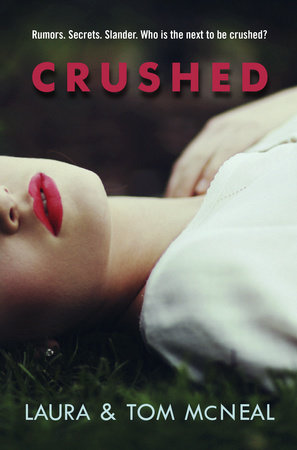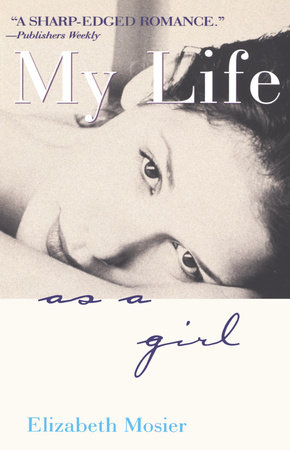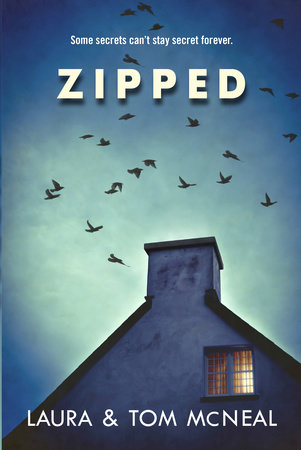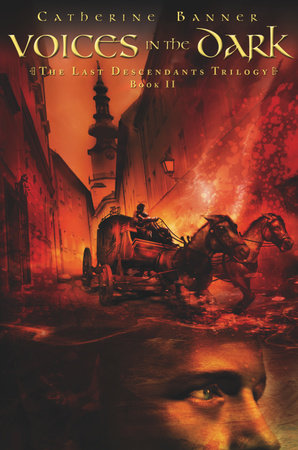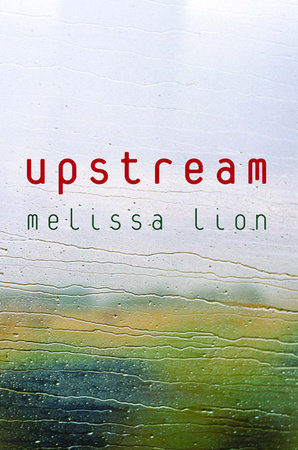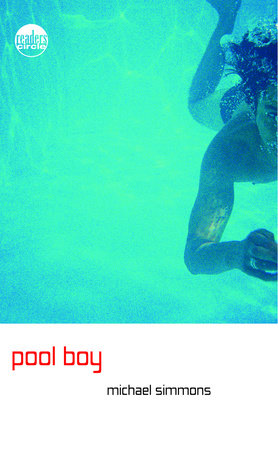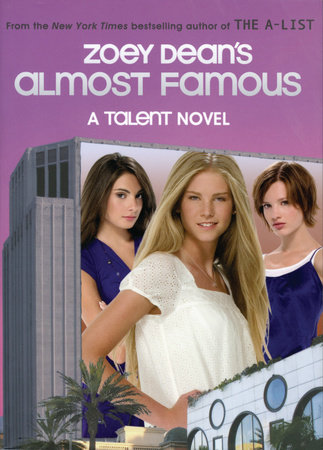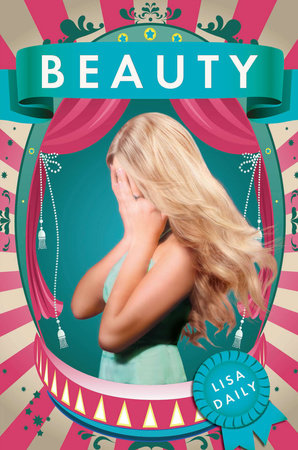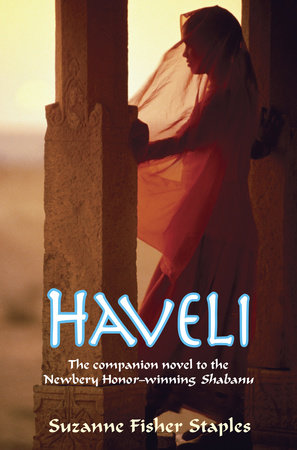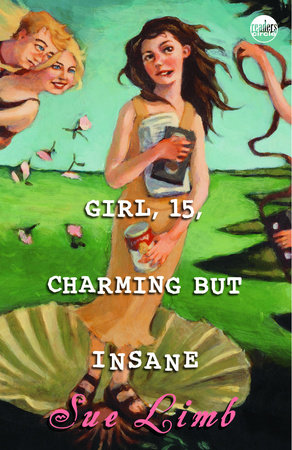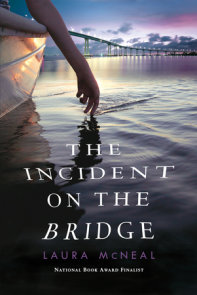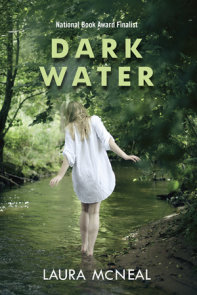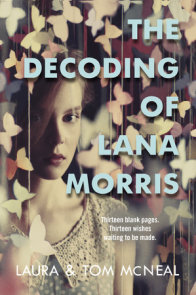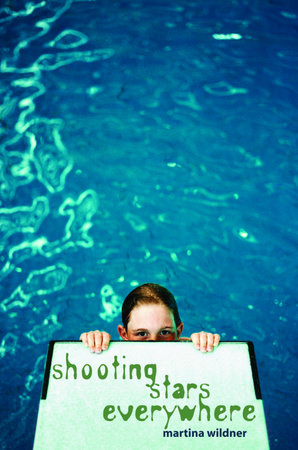Author Q&A
A Discussion with Laura and Tom McNeal
Q: What is the writing process for you both like? Do you switch off every other chapter, or write together?
A: Laura: The first time we wrote a novel together (Crooked), we switched back and forth. I wrote a chapter from the girl’s point of view and then Tom wrote the next chapter in the boy’s voice, and so on. It was fun but a little like knitting a sweater without a pattern. The first draft was four sizes too large. Now we write outlines and talk about what we think is going to happen in the end. We still take turns, but we write longer segments, sixty or eighty pages. When one person is absolutely sick of the characters and disheartened about the plot, it’s time to trade. Taking a month or two away from the story and then coming back to it, finding it transformed and improved by the other person, is extremely rejuvenating. It’s like the elves and the shoemaker. You go to bed, and when you wake up, someone has turned your leather into shoes.
Q: Where do you get your writing done, and how do you manage to do that with two children at home?
A: Tom: We don’t work on fiction in the house, and we don’t do it full-time. I’m a partner in a family business, which can be fairly demanding, so I normally only work on fiction two mornings a week and on weekends. Laura works only when the children are at school or with a babysitter–ten to fifteen hours a week initially, now roughly twenty. When the children were small enough to be home with a babysitter, it was essential to be out of sight (and beyond earshot). We started working in separate but adjoining rooms of the guesthouse, and that’s where we still work now that the children are in school. We can’t see each other, but we can call to each other through an open door.
Q: Did you both always know that you wanted to be writers, and to write for young adult readers?
A: Laura: It wasn’t always crystal clear. Tom’s unlikelychildhood dream was to be a veterinarian by day and nightclub singer at night, and I planned to be a forest ranger, but my mother has saved very early attempts at picture books and embarrassing poems, and Tom was the sports editor for his junior high, high school, and college newspapers. Young adult novels just turned out to be the form in which we could work together, stay offstage, and avoid sleeping in the woods.
Q: You both really seem to get into the mind frame of today’s teens. How do you do that? Do you spend time with teenagers or just remember your own teenage years?
A: Tom: Those teenage years are painful enough to stay with you until death or dementia. The funny thing is, even though adolescence was a horrible place to live, I now find it a really interesting place to visit.
Laura: I think adolescence is always the same. You always think you are ugly. You always worry that you will ruin your life. You always hope that the next person you meet, or the next place you go, will change everything.
Q: Is the character of Audrey Reed based upon anyone from your own life?
A: Laura: Audrey Reed is not based on an actual person, though I was glad to give her the laundry room from the apartment building where I once lived in Syracuse, New York. The book is fiction, but the laundry room is real.
Tom: Well, the fact of the matter is that the first rough model for Audrey is Laura herself, at least the adolescent I imagined Laura to be: tall, thin, long-haired, witty, selfdeprecating, and a demon student. Also, fetching. That should have been the first modifier actually. Fetching.
Laura: I have to repeat my first answer here–Audrey is not based on a real person.
Q: Why do you think Wickham Hill is attracted to Audrey?
A: Tom: Wickham is very sensitive to class distinctions. He has come from a region of the country–the South–where there is still a faint whiff of class hierarchy, and where his status was shaky. In a way that’s both innocent and selfish, he seeks a person who can make him feel secure. Audrey initially seems to live in the secure realm of wealth.
Q: Did you have an experience in your own life with a Theo Driggs—like character?
A: Laura: Not to the degree that Audrey does. My mother was always telling me to take a dime with me on dates in case the boy said, “Give in or walk.” I guess she thought the boy would also give me the option of getting out of the car and making a convenient phone call. Theo is the dark incarnation of those dimes, I suppose.
Tom: I never knew a Theo Driggs, but what I notice is that most of the thugs in our books are compact, muscular, and tightly wound–exactly the type of guy that I as a tall, skinny, recessive type feared most in high school. So Theo Driggs may well be those teenage fears come to life. What’s funny about this is how much pleasure I take in writing this kind of character.
Q: What were your favorite books as children, and do you have favorite children’s books or authors that you read now?
A: Laura: I have a deep attachment to certain children’s books, including The Meanest Squirrel I Ever Met by Gene Zion, Mouse Tales by Arnold Lobel, and Corduroy by Don Freeman. In my childhood, books served the role of security blanket and pet.
Tom: I had pets myself, but that didn’t steer me clear of the literary animal kingdom. I remember the Babar books fondly, and later Freddy the Pig. When I was ready for humans, Great Expectations was a big event for me, the first book that, as an adolescent, I could completely immerse myself in.
Q: What advice can you give to teens who aspire to become writers?
A: Tom: To adults, I usually say, Don’t quit the day job. So for teens, I’d probably say, Keep prepping for the SAT. But the truth is, there are some things you can do to move the process along. For example, you don’t find many published writers who didn’t start as demon readers. So I’d say read everything decent you can get your hands on. And for a lot of writers, both beginning and not, keeping a journal is good both for getting the juices flowing and for storing ideas that might one day prove useful. The idea for our next book (The Decoding of Lana Morris) is one I’d jotted down years ago, and when Laura recently figured out a new way to use it, we were off and running. And lastly, I’d say, Go into it for the right reasons, which have nothing at all to do with fame and glory.
Laura: It may sound obvious, but for me an important turning point was to look at a seven-page story I’d spent weeks writing and rewriting, agonizing over every word and how well or inadequately it expressed my complex and deep emotions, and I thought, “Why would someone want to read this?” Sometimes you’re thinking so much about your feelings (which are admittedly intense, so intense that they drive you to write) that you forget the reasons people read. They read for escape, resolution, epiphany, and to feel affection for the world you put them in. So I think it helps, when you’re writing, to practice making that fictional world, and to look at the real world around you, and to notice every little thing about it.
